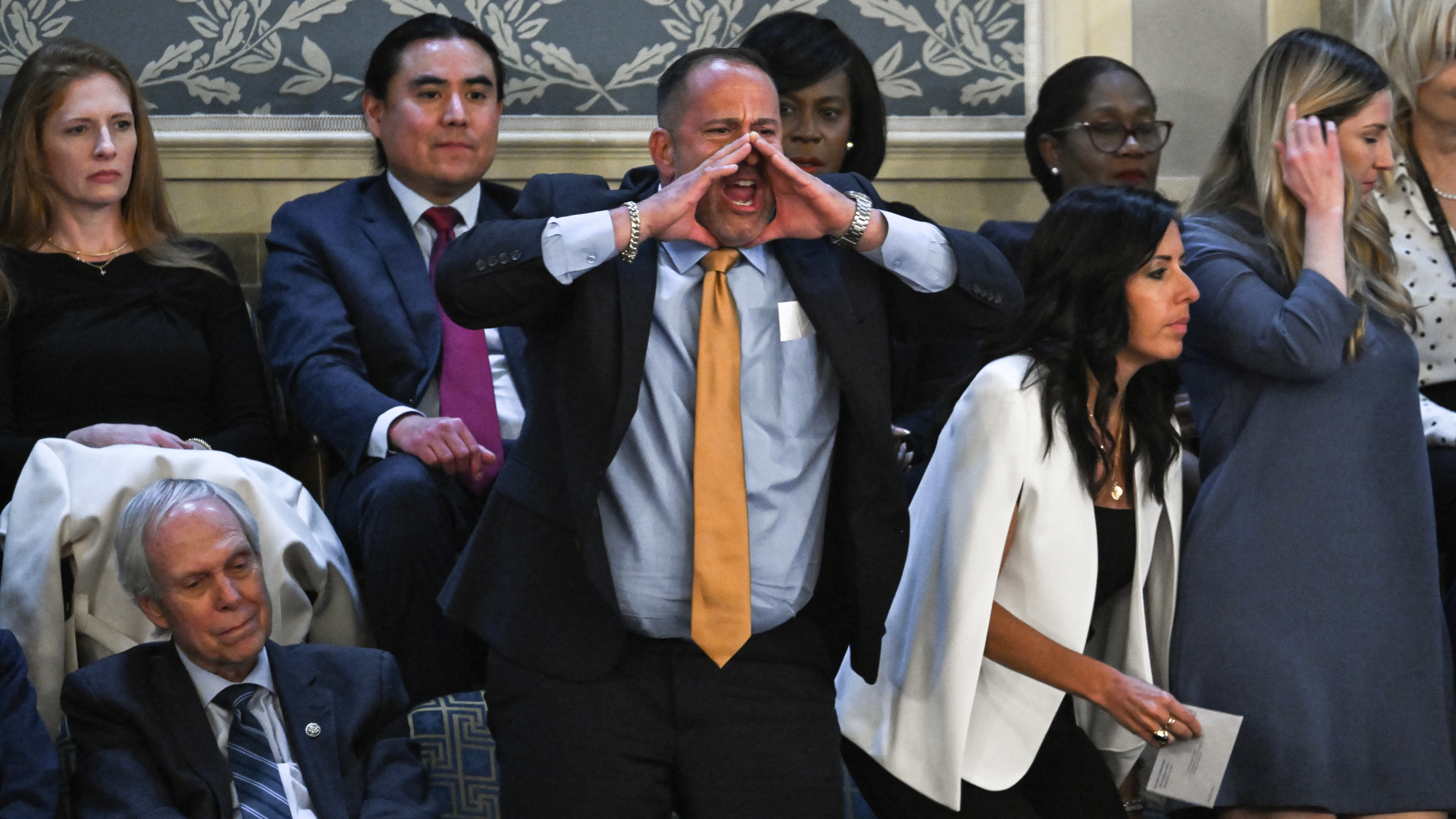A recent development in Texas has seen a federal judge intervene to halt the implementation of a new rule proposed by the National Labor Relations Board (NLRB), which aimed to simplify the process for millions of workers to establish unions within large corporations.
Scheduled to come into effect on Monday, the rule sought to establish fresh criteria for determining when two companies should be deemed as “joint employers” in labor negotiations.
Currently, according to a rule put forth by a board dominated by Republicans in 2020, entities like McDonald’s are not classified as joint employers of many of their workers as these employees are directly hired by franchisees.
The proposed rule aimed to broaden this definition by asserting that companies could be regarded as joint employers if they held the ability to influence, either directly or indirectly, at least one aspect of employment. These aspects encompassed wages, benefits, working hours, task allocations, workplace regulations, and recruitment.

Texas Judge Stops Rule That Would Help Workers Form Unions (Credits: News Nation)
The NLRB contended that a revision was imperative as the existing rule facilitated companies in evading their legal obligation to engage in negotiations with employees.
However, the U.S. Chamber of Commerce and several other business associations, including the American Hotel and Lodging Association, the International Franchise Association, and the National Retail Federation, filed a lawsuit against the NLRB in November in a federal court situated in the Eastern District of Texas, seeking to thwart the implementation of the rule.
Their argument centered on the assertion that the proposed rule would disrupt established precedents and potentially render companies accountable for employees they did not directly employ in workplaces they did not own.
In a ruling issued on Friday, U.S. District Court Judge J. Campbell Barker sided with the plaintiffs, granting their motion for a summary judgment. Judge Barker deemed the NLRB’s new rule to be in violation of legal principles and criticized it for being arbitrary and unreasonable in its proposed changes to the existing rule.
The judge highlighted that the NLRB’s proposed rule, which introduced a range of new conditions to ascertain whether a company qualifies as a joint employer, exceeded the boundaries of common law.
In response to the court’s decision, the NLRB stated on Saturday that it was reviewing the ruling and contemplating its next course of action in the case.
“The District Court’s decision to vacate the Board’s rule is a disappointing setback, but is not the last word on our efforts to return our joint-employer standard to the common law principles that have been endorsed by other courts,” remarked Lauren McFerran, the Chairman of the NLRB.























